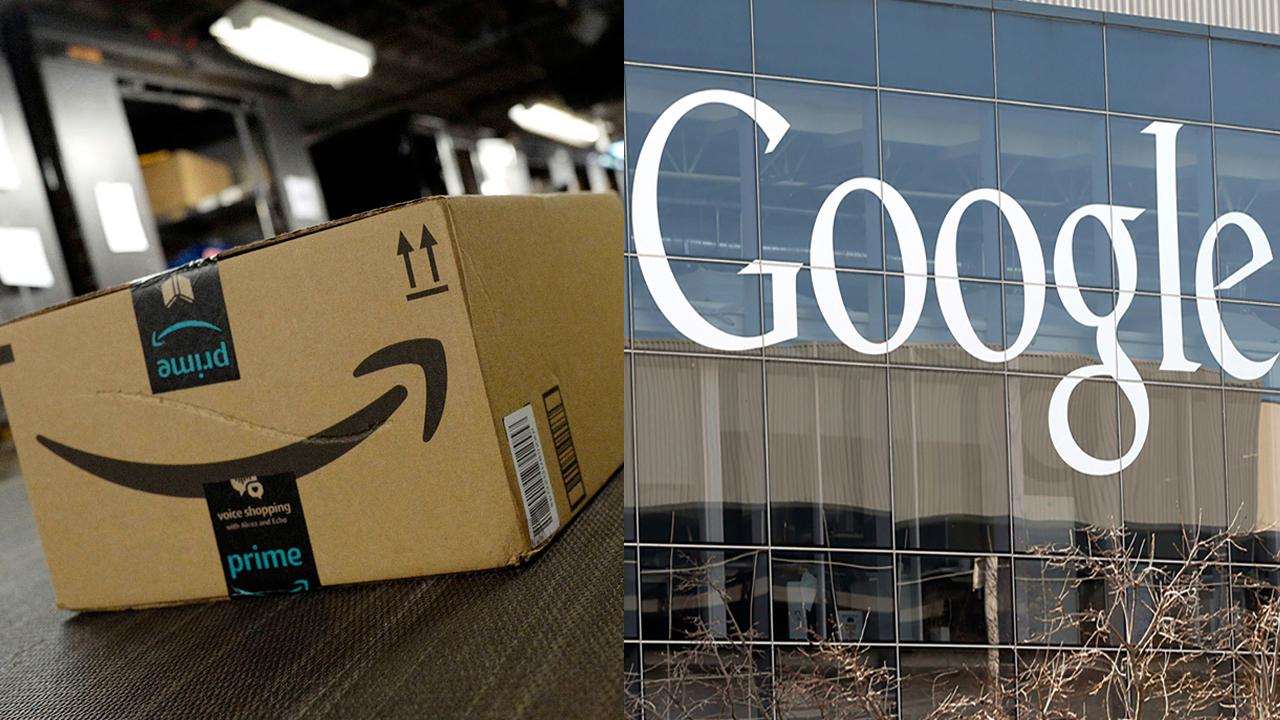EU hits Google with $1.7B fine for blocking rival ads
European Union regulators on Wednesday fined Google $1.7 billion for abusing its market dominance by preventing its rivals from placing online search advertisers. The fine raises to nearly $10 billion the amount the EU has fined the U.S. search engine.
The fine marks the third time the European Commission, the EU's administrative arm, has hit the search engine giant with an antitrust penalty in two years; in July, regulators fined Google a record $5 billion for pushing its Android apps on smartphone customers, exceeding the previous year’s record fine of close to $2.7 billion for hindering rivals of shopping comparison websites.
| Ticker | Security | Last | Change | Change % |
|---|---|---|---|---|
| GOOGL | ALPHABET INC. | 322.86 | -8.39 | -2.53% |
In a statement, the EU’s top antitrust watchdog, Margrethe Vestager, said Google cemented itself as a powerhouse in the online search industry -- then proceeded to shield itself from competition by imposing restrictive contracts with third-party websites that blocked other companies from placing their search adverts on those websites between 2006 and 2016.
“This is illegal under EU antitrust rules,” she said.
In response, Kent Walker, Google's senior vice president for global affairs, said the company will be making "further updates" to its products in Europe.
"We’ve always agreed that healthy, thriving markets are in everyone’s interest," he said. "We've already made a wide range of changes to our products to address the Commission's concerns. Over the next few months, we’ll be making further updates to give more visibility to rivals in Europe.”
The commission found that Google and its parent company Alphabet Inc. blocked competition by inserting exclusivity clauses into its contracts with third-party websites beginning in 2006, prohibiting publishers from placing any search adverts from competitors on their search results pages.
As of 2009, Google began to replace those clauses with a so-called premium placement clause, requiring websites to save the most visible and clicked on parts of the websites’ search results pages for Google.
CLICK HERE TO GET THE FOX BUSINESS APP
“The misconduct lasted over 10 years and denied other companies the possibility to compete on the merits and to innovate - and consumers the benefits of competition,” Vestager said.




















